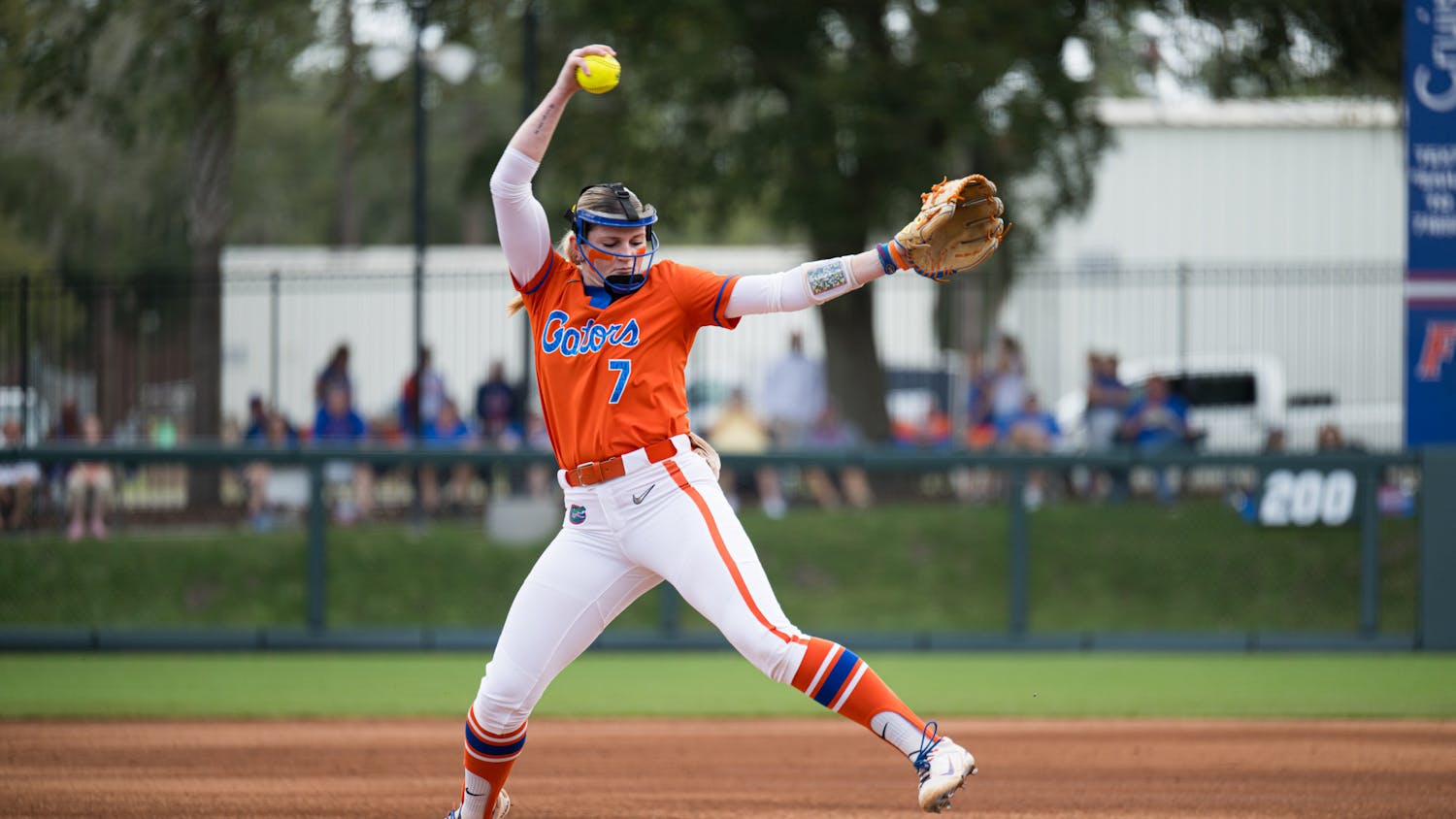Michael Schuering is the visiting associate professor of history at the UF Center for European Studies. His position is partly funded by DAAD, the Deutscher Akademischer Austausch Dienst, or the German Academic Exchange Service. He is currently teaching "Weimar Germany Culture" and "Genes, Blood and the Body."
AM: Can you tell me about DAAD opportunities?
MS: The DAAD has scholarship programs for everyone: long-term, short-term and language courses for undergraduates, graduating seniors, master’s and Ph.D. students, and faculty. The programs are designed above all for those who need to study and do research in Germany. The DAAD has an annual budget of about 430 million euros, which currently equals $485 million. In 2012 and 2013, the DAAD supported more than 10,000 grantees from the U.S. and Canada.
AM: How do German students choose their universities?
MS: Universities in big cities attract a lot of students, but many choose their universities according to their field and the respective faculty. I went to the University of Munich because history was strong there. Munich was also far away from where I grew up, but the great thing about college life is learning to stand on your own feet. I wanted this experience of unfamiliarity, of confronting difficulty. Then I went to Berlin, partly because in the mid-90s it was the place to be to witness German re-unification at work.
AM: How did you end up at UF?
MS: The DAAD has 21 North American DAAD professorships. UF has had DAAD professors for some time, as has the University of California, Berkeley, where I was previously a DAAD professor before completing my research at the Deutsches Museum in Munich.
AM: What is the thesis of your new book?
MS: It deals with the anti-nuclear movement in West Germany between 1970 and 1990. This has been a divisive and defining issue from which a new party came: the Greens. I was interested in the relation between religion and technology and how the Protestant church dealt with nuclear energy. The book will be published in Germany in December of this year, and I hope to have it translated soon after. Environmental history is huge in Germany, just like the environmental spirit there.
AM: What was your earlier research on?
MS: I wrote my dissertation on Jewish scientists who were expelled by the National Socialist regime after 1933. I was interested in what happened to them after they had left and their post-1945 relations to former German colleagues — how they dealt with Germany and how Germany dealt with them.
AM: What attracted you to the history of science?
MS: I have sometimes found the way science has impacted the outlook and structure of modern society undervalued by general historians. Science has changed our lives profoundly over the last 200 years. Scientific research has brought about huge potentials of production and destruction. It has fought diseases but also created the ability to destroy the planet.
AM: What made you become a historian?
MS: That dates way back to my childhood when I realized what a strange country I’d been growing up in. You see the scars of recent history much more clearly in Germany than in other countries. I listened to stories my grandparents told of life during the war, and I’ve always asked questions about my family’s involvement and how they thought about the past. At one point in my life, I started studying history, and I never knew how to stop.
AM: What do you see as the role of historians?
MS: Historians should be researchers and teachers and strive to be public intellectuals. They should look for a large audience and comment on current affairs. We have learned quite a few things about human nature from history, and we should share this for the common good. I hope the ideals of a liberal-arts education are stable enough to motivate students to visit history classes, to broaden their perspectives and see how things came about. Such study also encourages critical and analytical thinking. Historians of science in particular should encourage STEM students to contemplate the history of their own fields of study.
Studying history is like traveling: Visiting another century is like visiting another country. The effects are profound but not always tangible, similar to the effects of studying art and literature. Confronting oneself with the unfamiliar, both culturally and intellectually, furthers skills that are difficult to evaluate or measure but may nonetheless prove to be of immeasurable value.
Ann Manov is a UF French, English and Spanish senior. Her column usually appears on Mondays.





